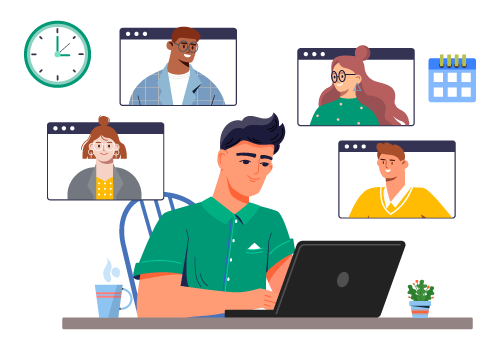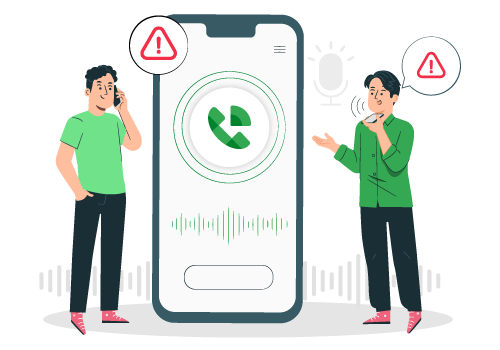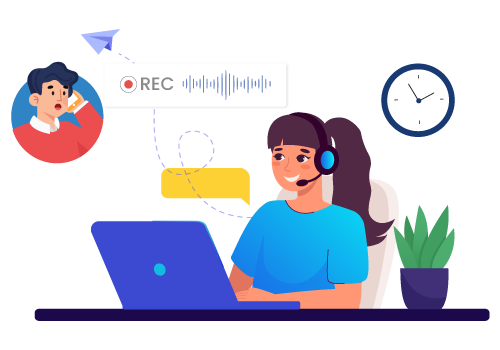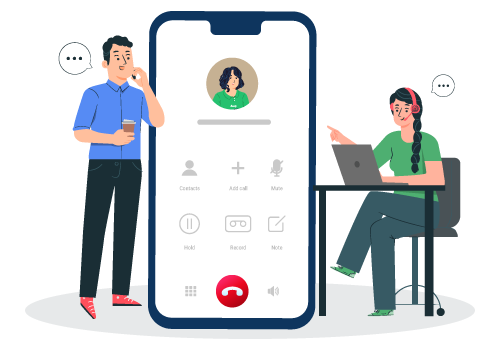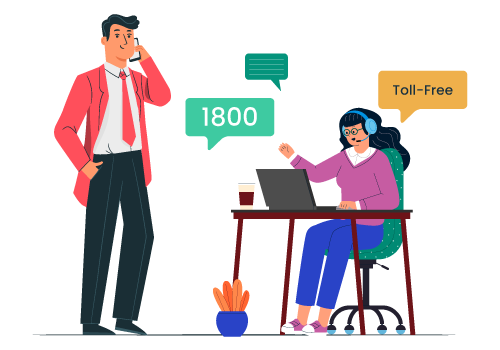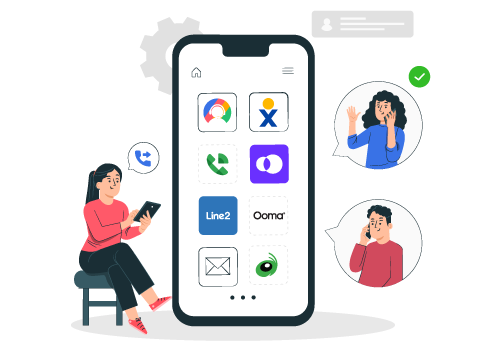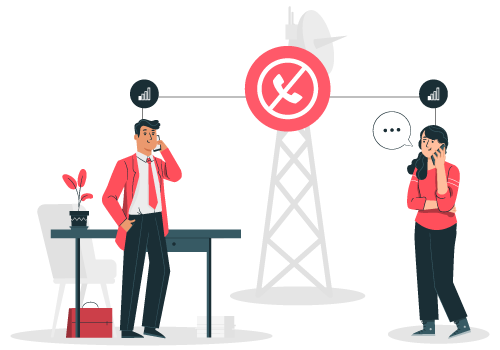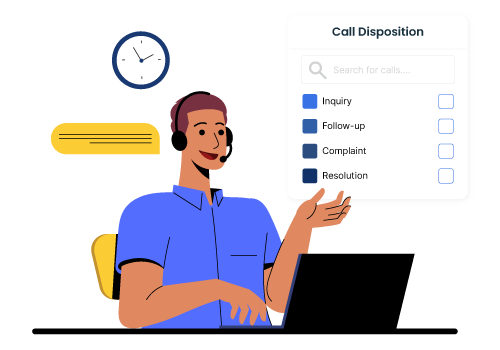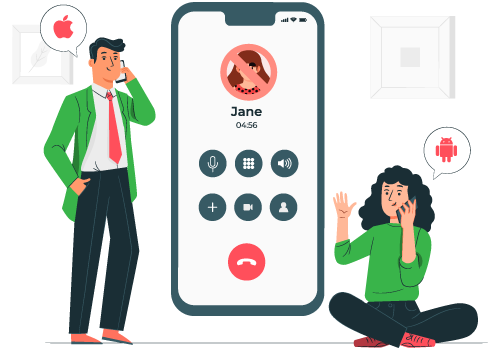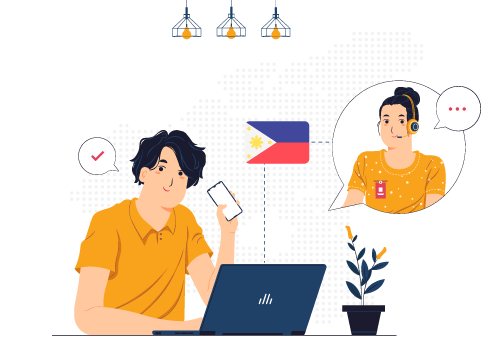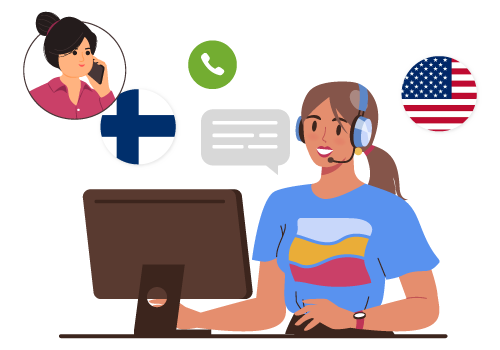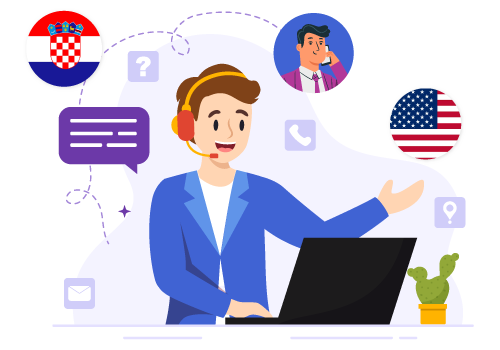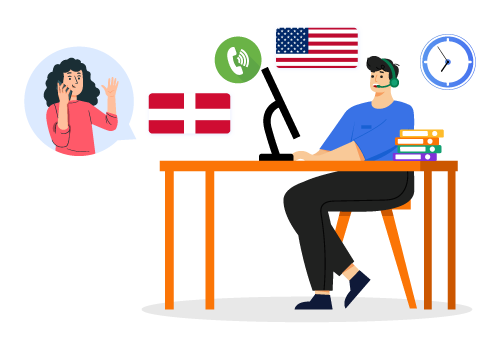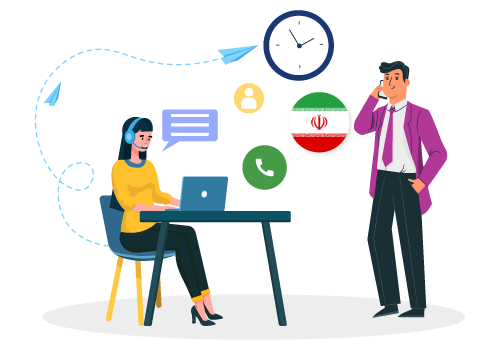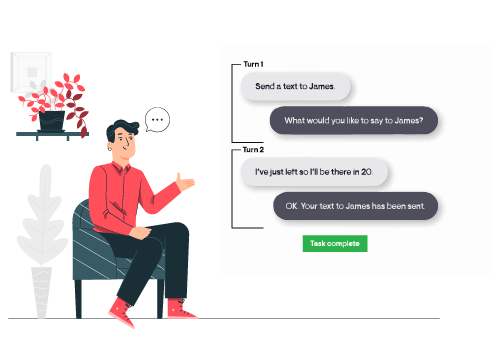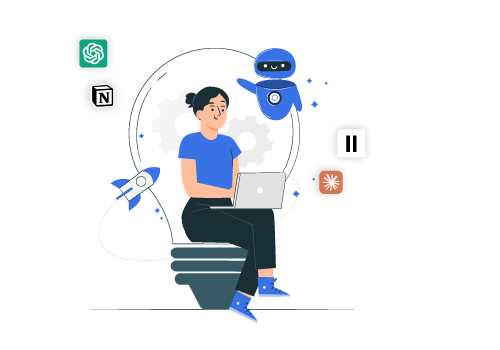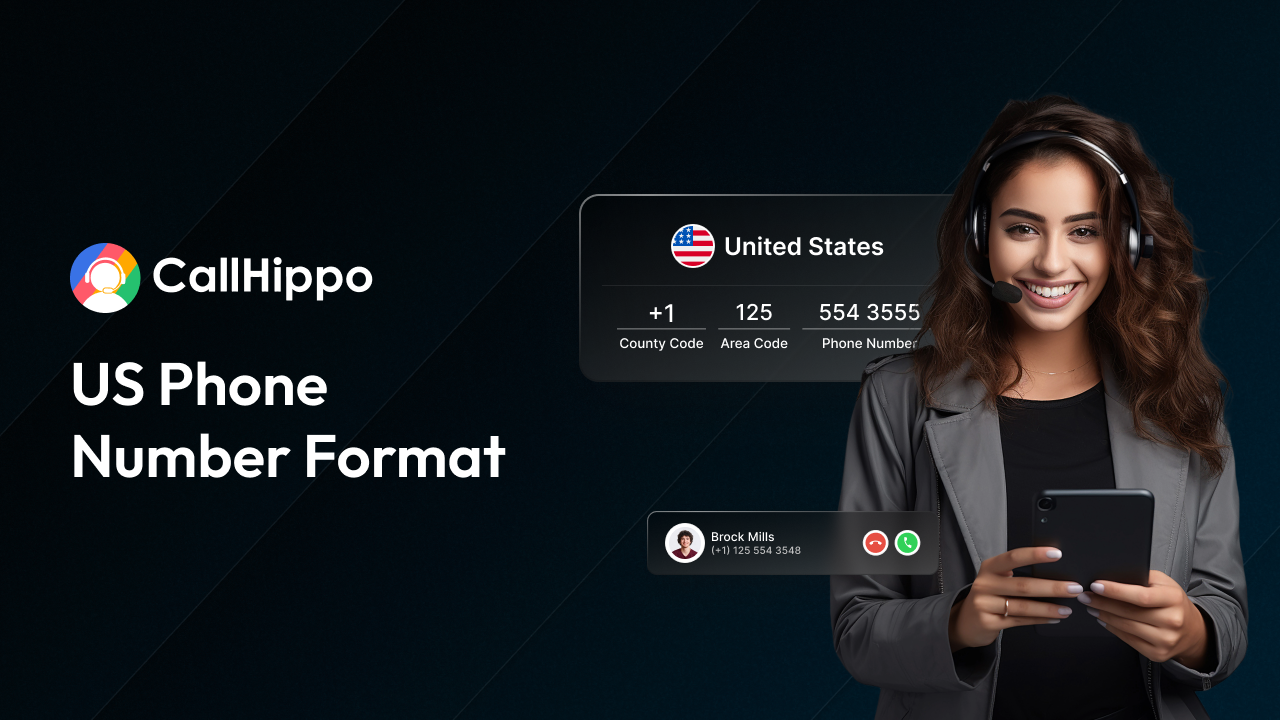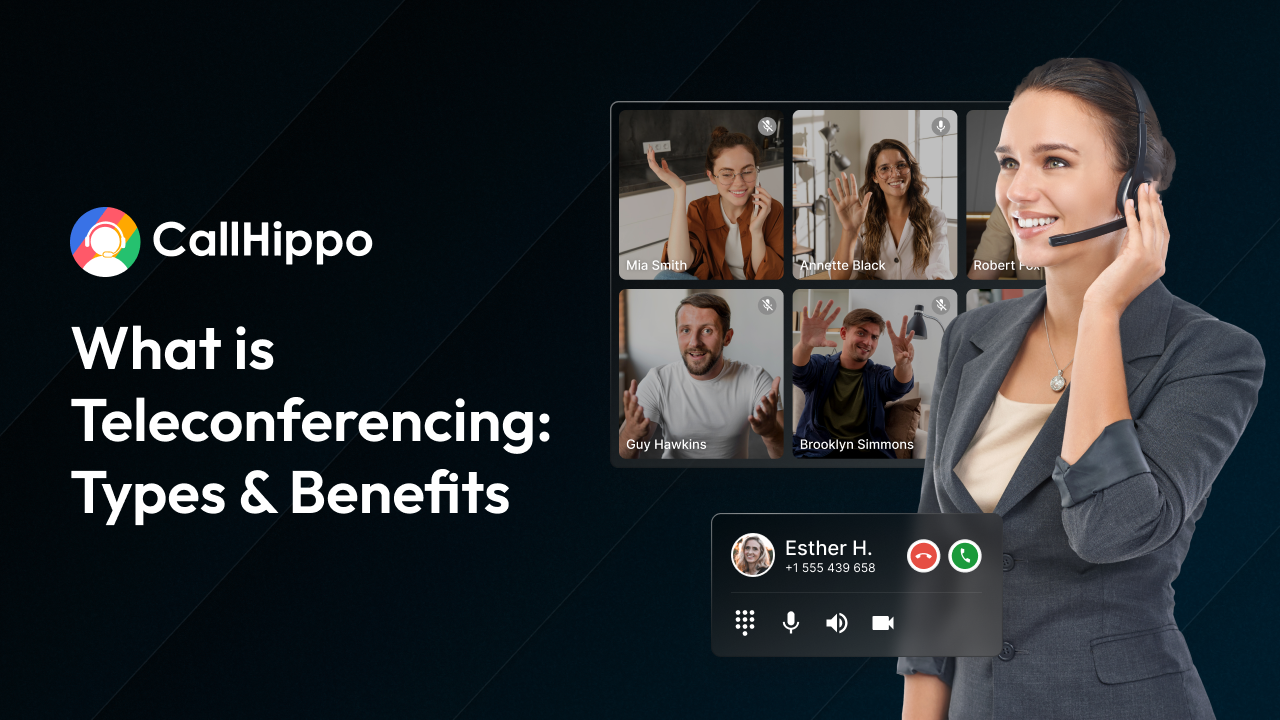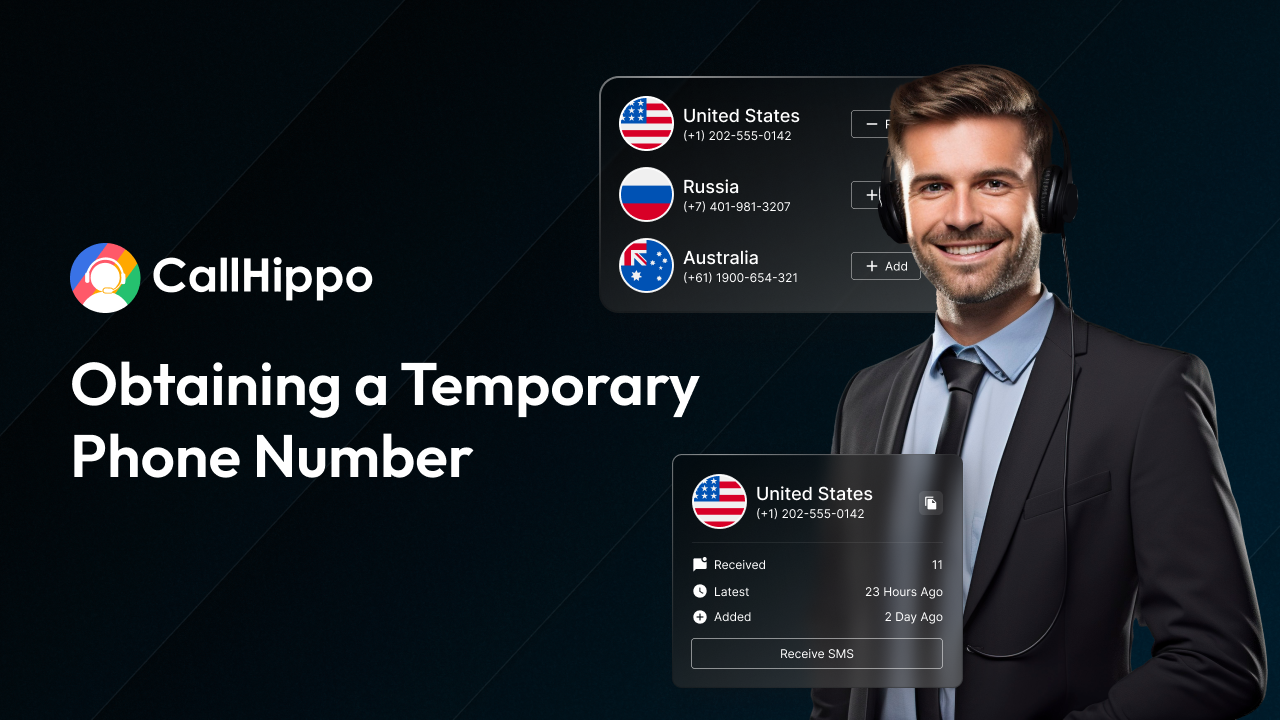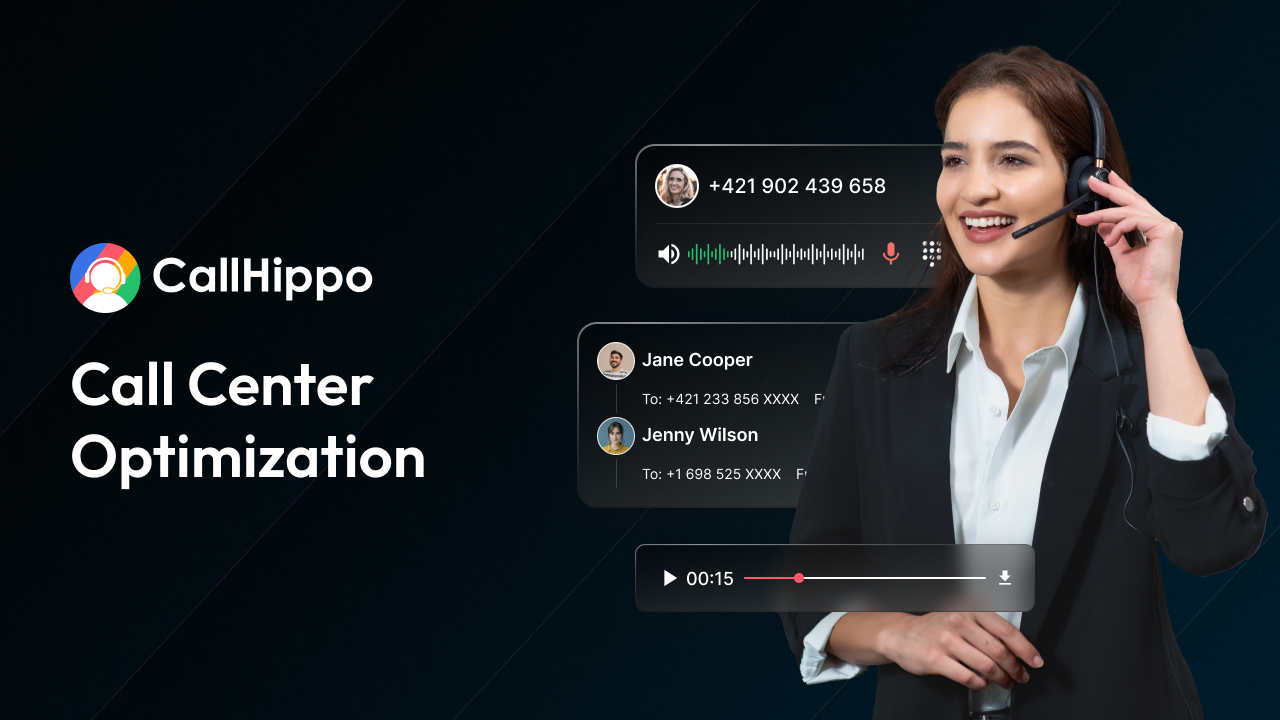Featured Article

Top 10 OpenPhone Alternatives & Competitors in 2025
Looking for OpenPhone alternatives? While OpenPhone works well for startups and small businesses, it may not meet the needs of growing companies. Many businesses seek a more scalable solution with advanced features and better integration...
What is a Virtual Phone Number And How to Get It?
During the pandemic, VoIP and video calls surged 212%. This change didn’t just ...
How to Reveal No Caller ID: Find and Trace Hidden Numbers
When you receive a phone call and it displays “No Caller ID” on ...
+63 Philippines Country Code: Everything You Need to Know
When you are dialing internationally, you must know the country code. If you ...
- Small Business
- VoIP
- Call Center
- Customer Service
- How to Call
- AI
Set Up Your Phone System In Less
Than 3 Minutes
From buying a number to making the first call, all it takes is 3 minutes to set
up your virtual phone system.
- 1Buy Numbers
- 2Add Users
- 3Start Calling
- 4Track Calls

